How to Install ‘atop’ to Monitor Real-Time System Performance
atop is a full-screen performance monitoring tool that provides detailed reports about all system processes, including…

atop is a full-screen performance monitoring tool that provides detailed reports about all system processes, including…

Backups are like insurance; you don’t need them every day, but when disaster strikes, such as…
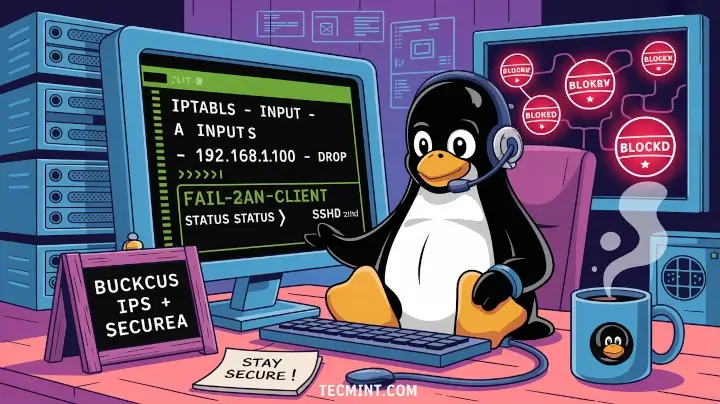
Today, I’m going to show you a simple but effective way to automatically block suspicious IPs…
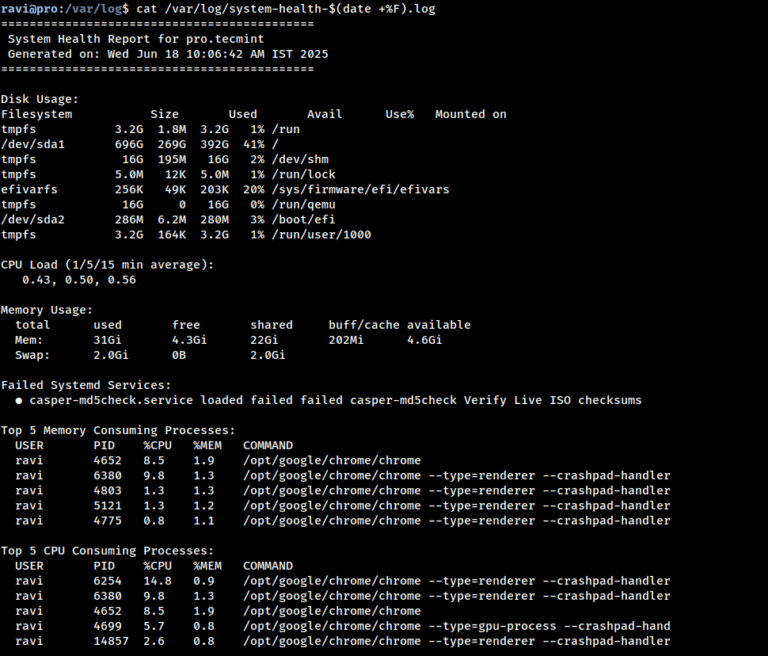
Managing Linux servers daily can be fun and stressful, especially when you’re dealing with unexpected downtimes…
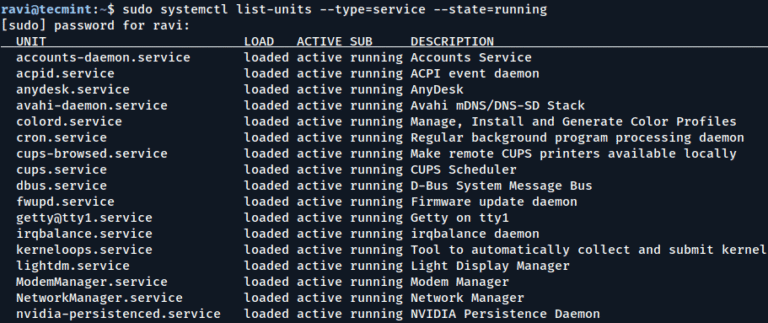
When you build a server according to your plan and requirements, you want it to run…

Welcome back to our ongoing journey through the world of powerful but often overlooked Linux commands….
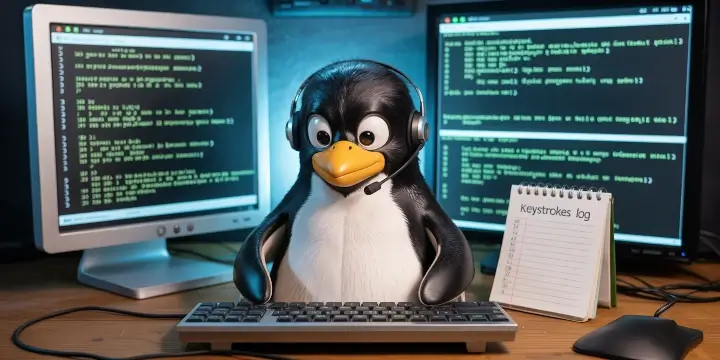
Keylogging, short for “keystroke logging” is the process of recording the keys struck on a keyboard,…

Midori is an open-source, lightweight, and fast web browser designed for people who want a simple…
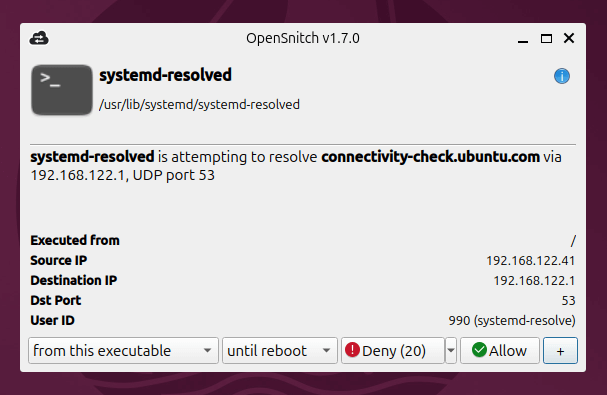
When it comes to protecting your Linux system from unwanted network connections, having a good firewall…
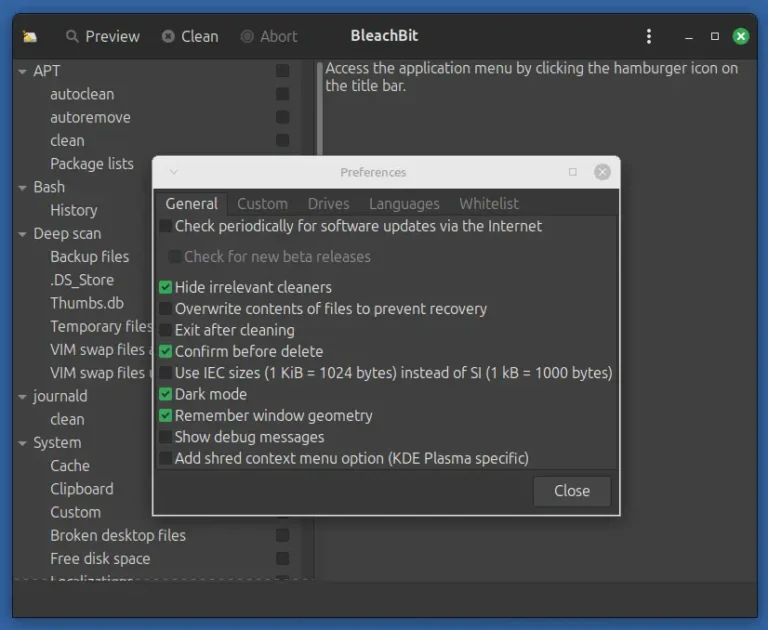
When you browse the internet, install or uninstall software, or just use your computer regularly, you…
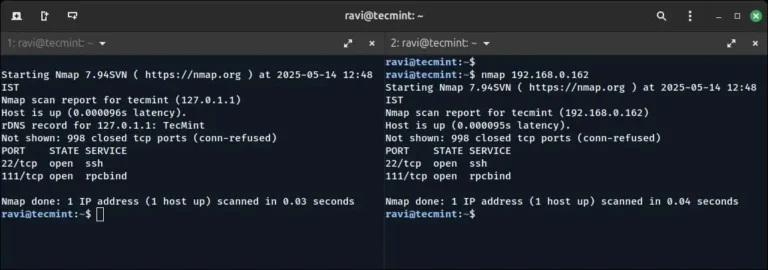
Nmap, short for Network Mapper, is an open-source and highly versatile tool used by Linux system…
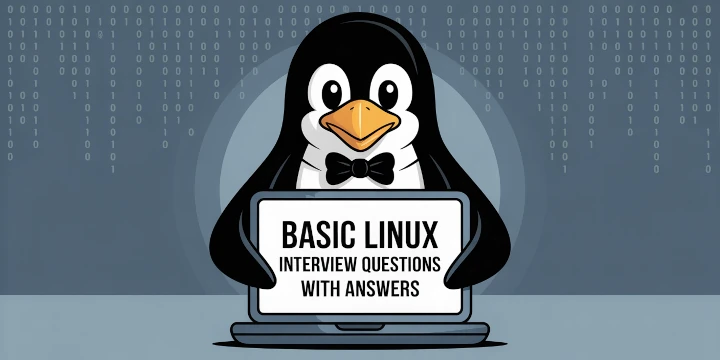
Linux is one of the most widely used operating systems in both personal and enterprise environments….

Since computers are connected to each other, services are growing rapidly, with examples such as email,…
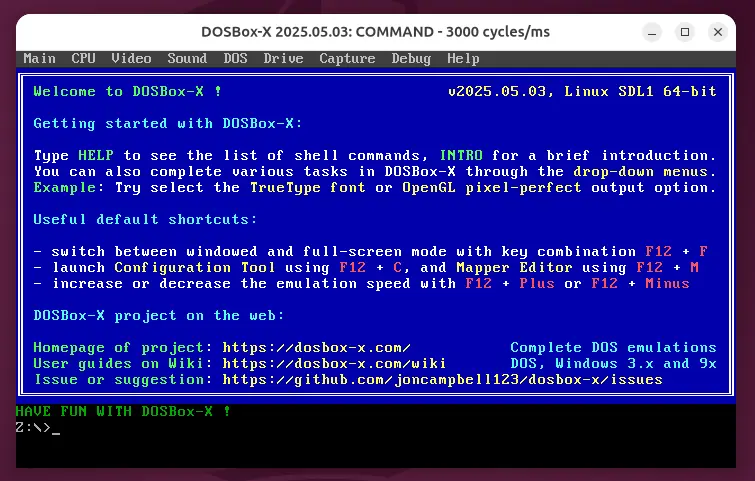
Ever wanted to play classic DOS games or run old compilers like Turbo C++ or MASM…
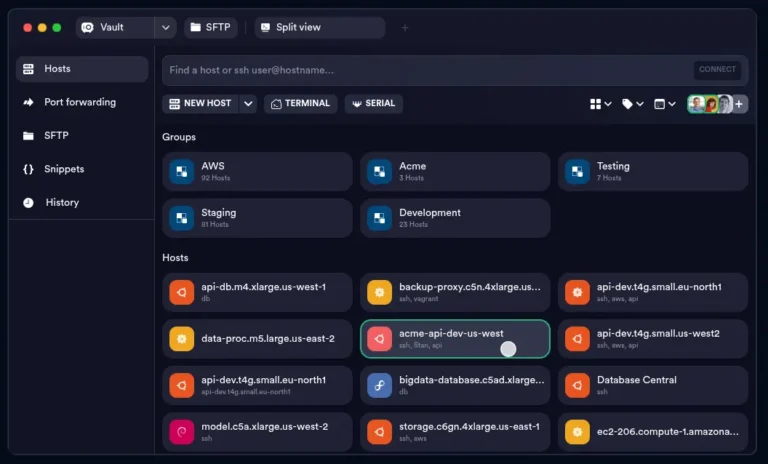
If you’re a Linux user, managing remote servers or networked devices via SSH (Secure Shell) is…